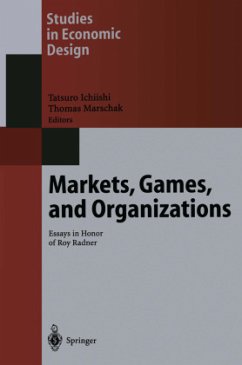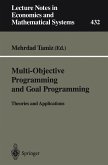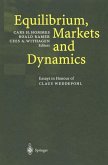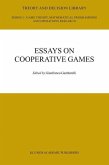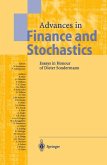The book is a collection of contributed papers in honor of Roy Radner. Reflecting Radner's broad range of research interests, the papers cover quite diverse areas, ranging over general equilibrium analysis of the market mechanism, economies undergoing transition, satisficing behavior, markets with asymmetric information, organizational resource allocation and information processing, incentives and implementation, stable sets and the core, stochastic sequential bargaining games, perfect equilibria in a macro growth model, repeated games, and evolutionary games.
We are pleased to help celebrate Roy Radner's 75th birthday, by issuing in one volume the papers that originally appeared in his honor in two special issues of Review of Economic Design (Vol. 6/2 and 6/3-4, 2001). Through his truly original ideas and lucid writing, Roy has influenced and guided the theory community for decades. Many colleagues and students have found their own work shaped and improved by Roy's wide-ranging curiosity, his encouragement, and his keen insights. In soliciting contributions to the Review of Economic Design Radner issues, we decided to approach his former students at the University of California, Berke ley, his former post-doctoral fellows at Bell Laboratories, and his published co authors. We express our sincere apology to any potential authors who fit these categories and whom we may have unintentionally failed to approach. Our job as editors of the Review of Economic Design Radner issues turned out to be easy, thanks to the enthusiastic response we received from authors and the quality of their submissions.
We are pleased to help celebrate Roy Radner's 75th birthday, by issuing in one volume the papers that originally appeared in his honor in two special issues of Review of Economic Design (Vol. 6/2 and 6/3-4, 2001). Through his truly original ideas and lucid writing, Roy has influenced and guided the theory community for decades. Many colleagues and students have found their own work shaped and improved by Roy's wide-ranging curiosity, his encouragement, and his keen insights. In soliciting contributions to the Review of Economic Design Radner issues, we decided to approach his former students at the University of California, Berke ley, his former post-doctoral fellows at Bell Laboratories, and his published co authors. We express our sincere apology to any potential authors who fit these categories and whom we may have unintentionally failed to approach. Our job as editors of the Review of Economic Design Radner issues turned out to be easy, thanks to the enthusiastic response we received from authors and the quality of their submissions.

